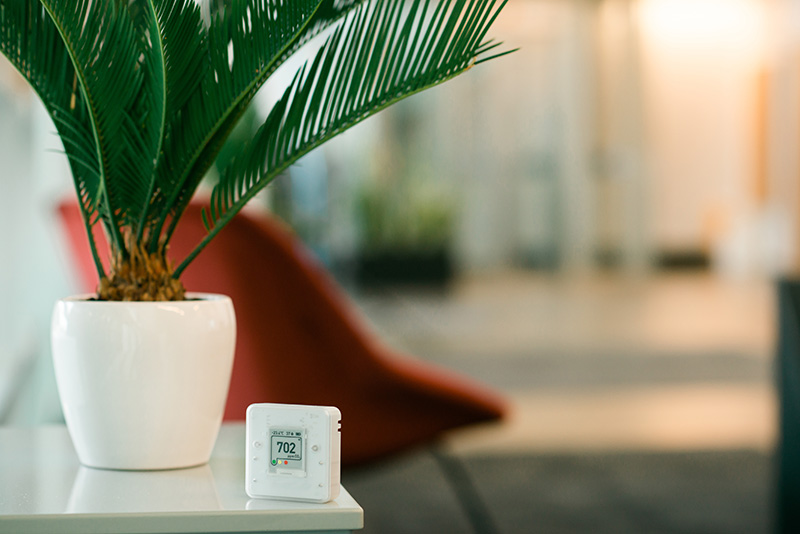The quality of the air we breathe indoors has a profound impact on our physical health, but its effects on mental health are equally significant.
The quality of the air we breathe indoors has a profound impact on our physical health. But it can also affect our mental health. Poor indoor air quality can contribute to a range of mental health issues. It can affect our mood, cognitive function, and our well-being. In this blog, we explore how poor air quality can impact mental health. We also offer ways to prevent indoor air quality from affecting your mental health.
The Importance of Good Indoor Air Quality for Mental Health
Good indoor air quality is crucial for maintaining both physical and mental well-being. Clean air reduces the risk of respiratory issues. This can exacerbate stress and anxiety when you can’t breathe. Fresh air supports cognitive function and concentration. This helps to maintain mental clarity and focus. Proper ventilation and air quality contribute to a positive environment. This fosters better moods and emotional well-being. You need to recognize the importance of good indoor air quality and how it supports your health.
How Poor Indoor Air Quality Can Impact Mental Health
Poor indoor air quality can have detrimental effects on mental health. Exposure to indoor pollutants can trigger stress responses in the body. This can lead to heightened feelings of anxiety or irritability. Allergens and pollutants in the air can disrupt sleep patterns. This impacts mood stability and mental resilience. Prolonged exposure to poor air quality may affect cognitive functions and memory. For some people, it can even affect their decision-making abilities. This can contribute to mental fatigue. Knowing how poor indoor air quality influences mental health is vital. It emphasizes the need to address air quality issues.
Preventing Indoor Air Quality from Affecting Mental Health
Take proactive steps to safeguard your mental well-being by improving indoor air quality:
- Ventilation. Ensure proper ventilation in your living spaces. This allows for fresh air circulation and the removal of indoor pollutants.
- Air filtration. Use high-efficiency air filters or air purifiers. These trap allergens, dust, and other particles that could affect your mental health.
- Humidity control. Maintain optimal humidity levels to prevent mold growth. It also reduces the presence of moisture-related allergens that can impact mental well-being.
- Regular cleaning. Keep your living spaces clean to reduce dust, pet dander, and other allergens. These can all worsen indoor air quality and mental health.
- Plants. Incorporate houseplants known for their air-purifying properties. These can improve indoor air quality and promote a healthier home for your mental health.
By using these strategies, you can create a home that influences your mental health.
Contact Us
The impact of indoor air quality on mental health is very important to consider. It’s important to ensure your home has good indoor air quality. Proper ventilation, filtration, humidity control, cleanliness, and air-purifying plants are all important. You can create a healthier and more conducive environment for your mental well-being. If you need help improving your indoor air quality for your mental health, contact us today. We can help you enjoy a more comfortable and harmonious living space.

